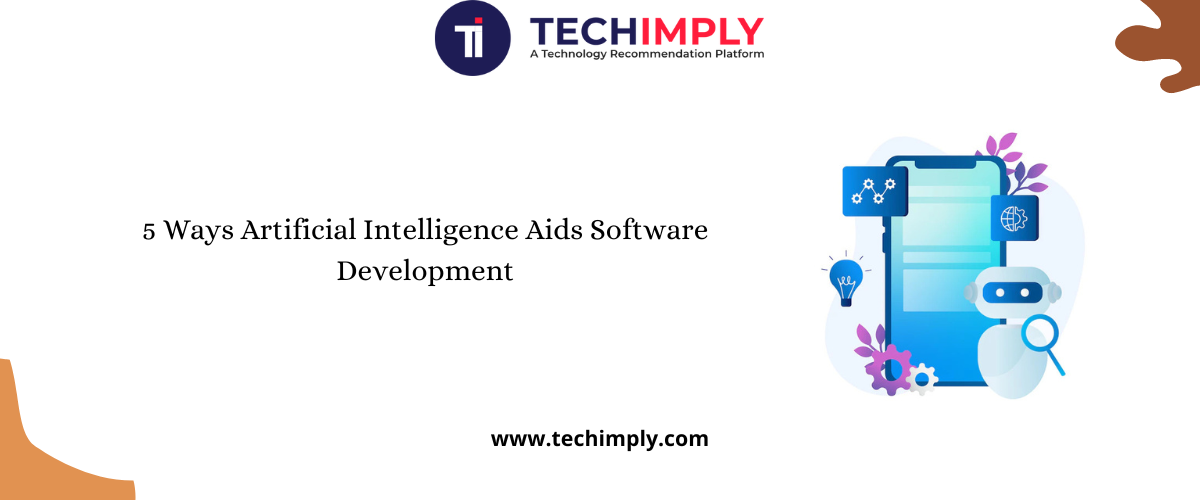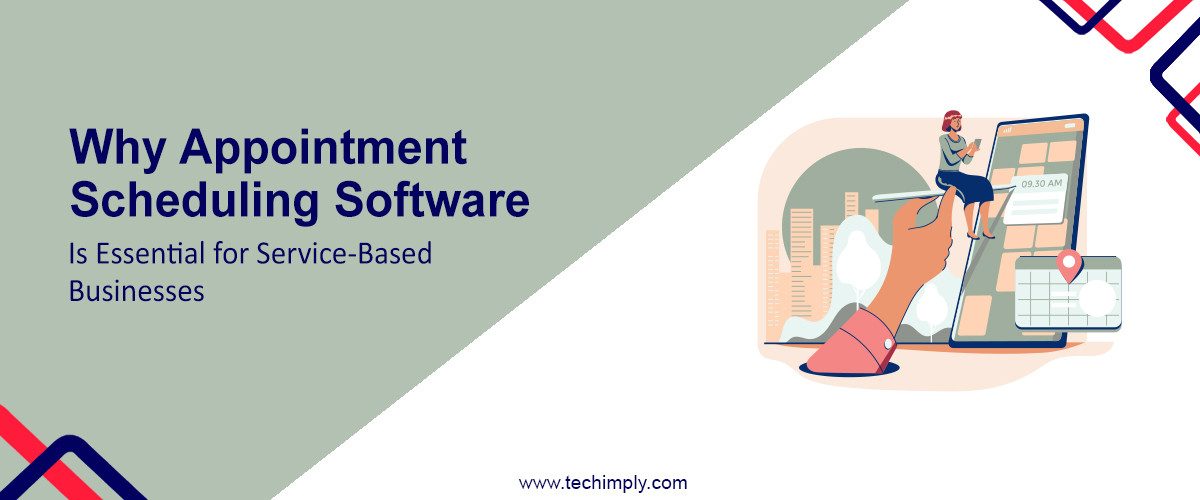The adoption of Artificial Intelligence (AI) in software development is transformational. Artificial Intelligence is leading us into a new model for software development, and these changes are more significant than we could have imagined just a few years ago.
Software development cycles are reducing as algorithm-based machine learning supports developers at every stage of the development process. Software workflow is being supported at every juncture, with AI bringing huge rewards for leading software engineering companies.
AI is making machines smarter and enabling them to execute tasks humans can perform and process information like humans. AI and machine learning systems can perform hundreds of mathematical models in seconds. These abilities are used for predicting outcome possibilities and are more precise in their analysis and results than humans.
Newly developed applications arrive regularly with a new use for AI, and the use of machine learning algorithms will only grow. Large corporations and startups are investing in AI as the global AI market value is anticipated to reach $267 billion by 2027.
AI can drive software development and deployment by automating cognitive and physical tasks.
Here are five ways artificial intelligence aids software development.
1. Increase development speed and upscaling
- Software delivery performance will change once AI is embedded into the fabric of DevOps. All key performance indicators that are time-related will be affected dramatically.
- Indicators such as deployment frequency, changes in lead times, and service restoration times are the most affected. Algorithm-based machine learning will shorten many processes — primarily software testing.
- Tests run manually by human quality assurance analysts will soon become obsolete as AI runs the tests automatically and faster. With improved time saving, AI can test more quality assurance scenarios and situations with higher complexity. AI is a critical part of the quality assurance process due to the speed of producing results and the lower failure rates.
- Repetitive manual processes are best deferred to AI as a computer is faster and can significantly streamline processes, which reduces waste.
- As AI makes inroads into every kind of business, you may find that your software team (or other critical teams) asks for new software development tools that may differ from the tech stack or SaaS tools you’re currently using. Chances are, you’ll need to listen carefully to these requests as AI changes the development environment, and some older tools won’t provide the same benefits they once did.
2. Evolving role of developers
- The role of developers is changing and evolving due to the introduction of AI. Despite some bold claims within the industry, we are many years from the point where AI can write code by itself. Even Deepcoder, designed by Microsoft and Cambridge University, can only write five lines of code extracted from a vast code database. However, AI can assist developers who assign tasks to an artificially intelligent machine for automation. Using AI, the developers can focus their abilities on different tasks and develop skills to collaborate better with AI.
- Passing menial tasks to AI frees up time for full-stack developers to concentrate on more complex issues. This transition in roles will be most fundamental in the very near future. AI will improve the software development process rather than replace it. There are opportunities for a new breed of software developer who can work closely with AI and others who can code it.
- In this evolving landscape, an enterprise software development company can significantly benefit from AI's capabilities to streamline complex processes and enhance productivity.
- One day, AI may be able to write code, but it will not replace programmers, and software engineers need to develop AI to write better code. Once AI can write code, machine learning can be used for writing tedious code while developers work on higher-level challenges.
- Until that happens, one of the strategies leading companies use it to bring in teams of Python developers, as Python is a preferred computer programming language for projects involving AI and machine learning. It’s a way to make your development future-ready by using remote teams with forward-facing skills.
3. Enhanced decision making
- Strategic decision-making will be improved by automating it through AI and reducing human intervention. AI programmed and trained on the KPIs of success and failure will significantly reduce decision-making times. Without the need to debate the pros and cons, the AI will assess new product enhancements and minimize the risk of poorly performing software.
- Analytics are now being used to drive decision-making in the software development process, which is revolutionary. Computing power and data storage increase exponentially annually while costs continue to fall. This increase in storage and power will make it even more attractive to augment human intelligence and decision-making using AI.
- Decision-making based on analytics but entrenched in past behavior will mitigate risks, and AI will eliminate the associated costs with human bias errors. Machine learning collects, analyses and aggregates thousands of data points from multiple sources to make more intelligent and informed decisions.
4. Error Management
- One critical use of AI is the ability to learn quickly. Empowering your AI with previous data sets and analytics will allow it to learn from these experiences and quickly identify common errors. Identifying these errors during development phases will reduce the need to roll back. DevOps can utilize machine learning post-development to flag errors and uncover abnormalities by analyzing system logs proactively.
- The most downtime incurred in software development arises from error management. Downtime is disastrous if you run a software as a service (SaaS), a cloud-based service, a gaming platform, or a metaverse marketing agency.
- Errors force the developer to correct the problem manually, and this time-consuming process can be mitigated using AI. The process is efficient and cost-effective, with AI automatically detecting and diagnosing errors without human intervention.
5. Precise Estimates
- Software engineers are well known to be poor at providing estimates of timescales and costs.
- AI trained from previous data on past projects can provide precise estimates. These calculations will assist in predicting the time, resources, and budget required to complete a successful project. AI needs an understanding of context and expertise to make sensible predictions, but these can be trained into AI.
- Using AI allows predictions of the barriers to meeting deadlines. Information like this can allow organizations to decide which projects to accept and which to decline. An accurately informed client who has been regularly updated regarding their software delivery timetable will more likely be retained for future work and have a higher project satisfaction rating.
- AI voice generators are an exciting application of AI that use deep learning models to synthesize human-like speech and voice cloning
Conclusion
DevOps are using AI to anticipate what they require before they know it themselves. This acceleration in all phases of software development is driving DevOps to new heights. AI adds value in many vital areas, such as code segments, quality assurance methodologies, and management systems. These developments in AI will continue as the value of AI in software development has now been fully recognized.






